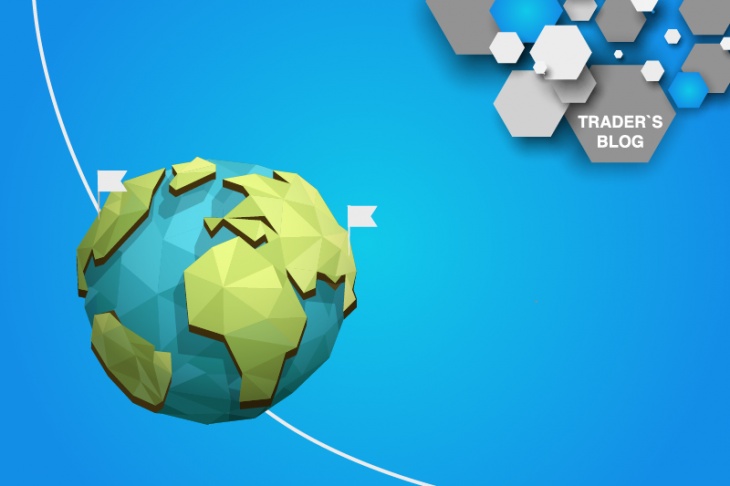
Геополітичні ризики початку 2019 года! (Частина 2)
З першою частиною “Геополітичні ризики початку 2019 року” ви можете ознайомитися в Блозі Трейдера.
Початок 2019 року на фінансових ринках залишається повністю у владі геополітики, що підтверджує неоднозначна динаміка американської валюти на політичних ризиках в США. Але, крім політичних ризиків в США, на ринку зберігаються і інші не менш важливі фактори ризику, які впливають на світові фінансові ринки.
Торгова війна США і Китаю
Торгова війна США і Китаю, яку можна сміливо назвати основним геополітичним ризиком 2018 року, залишається в перспективі також основним ризиком і 2019 року. І це незважаючи на існуючі митні в розмірі 10% на американські та китайські товари, які були досягнуті за результатами саміту G20. При цьому можливість впровадження обопільних митних в розмірі 25% зберігається.
Але, незважаючи на гучні заяви уряду США і Китаю про збільшення товарів, що купуються і більш жорсткого контролю авторського права, торгова війна США і Китаю з розряду обміну митних перейшла в новий розряд «підкилимних ігор». Ігри з арештами і судовими розглядами навколо патентного права і політичними скандалами, в які були задіяни громадяни Канади і представники великої китайської компанії Huawei.
І якщо скандал з арештом члена уряду компанії Huawei ніби як відійшов на другий план, то наслідки, що спровокували даний скандал вилилися в безпосереднє гоніння продукції Apple в Китаї, де доходить до банальних заборон продажу iPhone і їх користування.
При цьому якщо ви вважаєте, що проблеми Huawei і Apple це локальна проблема, яка мало як позначиться на загальних світових ринках, то хочеться додати, що це лише «вершина айсберга» судових розглядів. Так, заборони щодо продукції Apple докотилися і до судів Німеччини, що може стати прецедентом для всієї єврозони. При цьому варто відзначити судовий розгляд навколо патентного права компанії Qualcomm, з яким в груповому позові судяться такі компанії як Samsung Electronics, Apple, Intel, MediaTek, Huawei і LG Electronics. Звичайно, на ринку високих технологій суд між даними гігантами – цілком нормальне явище, але тільки до тих пір, поки за ними не почне явно простежуватися Велика політика, а суди не переростуть в явний лобізм, як це сталося з Huawei в Китаї.
Технологічна гонка, це дуже корисна річ для розвитку технологій, компаній і кінцевого споживача, які в підсумку отримують ринкову конкуренцію з промисловим шпигунством, який виглядає як необхідне зло для того, щоб уникнути монополізму в тій чи іншій сфері. Але явний лобізм, який прикривають ширмою права, це загроза не тільки для високотехнологічного сектора промисловості, але і для всієї світової економіки, яка в підсумку може впасти під «залізною завісою» права.
На тлі судових заборон і лобізму в світі, митні в 25% на китайські товари в США виглядають вельми необразливо. Але вже в поточному році це може викликати обвал високотехнологічного сектора виробництва, який показували основну динаміку зростання останні десятиліття, що, в свою чергу, може викликати нову кризу.
Антон Ганзенко